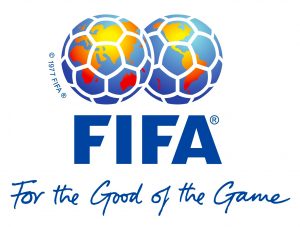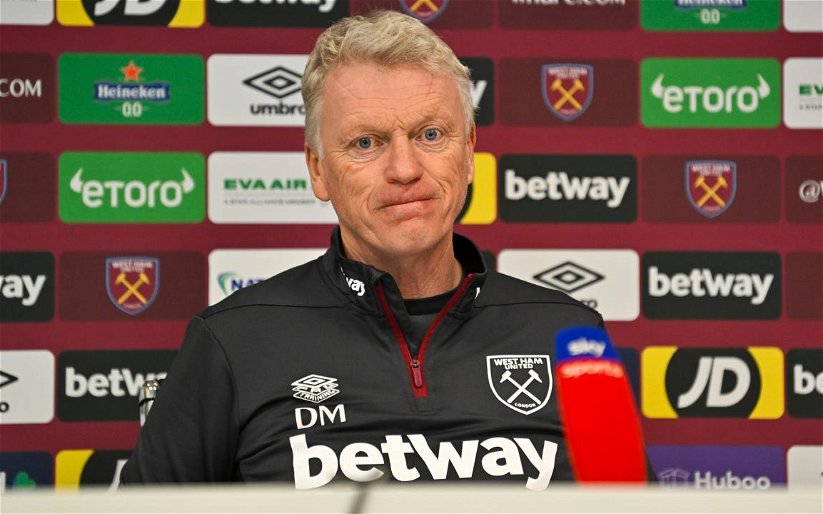 FIFA has confirmed that all international matches in June will be cancelled.
FIFA has confirmed that all international matches in June will be cancelled.
Meeting on Monday 6th April released a set of guiding principles to resolve legal issues arising through end of contracts, new contracts, impossibility to perform agreements and extension of season periods.
Fifa say considering that employment and transfer agreements are generally tied to the registration periods, but also that several leagues will most likely be completed after the original end date of the season, FIFA has proposed the following principles:
- Where an agreement is due to expire at the original end date of a season, such expiry be extended until the new end date of the season.
- Where an agreement is due to commence at the original start date of a new season, such commencement be delayed until the new start date of a new season.
- In the case of overlapping seasons and/or registration periods, and unless all parties agree otherwise, priority be given to the former club to complete its season with its original squad, in order to safeguard the integrity of a domestic league and Member Association competition.
Furthermore, as far as transfer agreements are concerned, FIFA has proposed that any payment that contractually falls due prior to the new commencement date of an agreement should be delayed until the new start date of a new season or its first registration period.
While acknowledging that these issues should find an answer under national law, FIFA has called on clubs, players and coaches to show goodwill “in order to guarantee some form of salary payment to players and coaches, avoid litigation, protect contractual stability, and ensure clubs do not go bankrupt”.
Based on the above, the following recommendations have been made:
I. Encouraging discussions between clubs and employees (clubs and players) to reach collective agreement on a club or league basis addressing at least the following questions:
- Remuneration and other benefits: salary deferrals and/or limitations, protection mechanisms;
- Government aid programmes;
- Conditions during contract extensions.
FIFA suggests that the discussions are held within a collective bargaining agreement (CBA) or similar structures.
Unilateral decisions to modify agreements that would not be made in accordance with national laws or CBAs will in principle not be recognised unless deemed reasonable by FIFA’s deciding-bodies, which will consider, among other things, the following elements:
- the economic situation of the club;
- the proportionality of any salary amendment;
- the net income of the employee after any salary amendment;
- whether the decision applies to the entire squad or only specific employees; and
- whether the club in good faith has attempted to reach a mutual agreement with its employee(s).
Alternatively, FIFA recommends that all employment agreements be suspended during any suspension of competitions (i.e. suspension of football activities), provided proper insurance coverage is maintained, and adequate alternative income support arrangements can be found for employees during the period in question.
Considering that the current situation is an exceptional circumstance, FIFA proposes the following principles for the registration periods:
- Approval of all requests for an extension of the current season end-date;
- Approval of all requests to extend, amend or postpone the registration periods provided that the duration complies with the maximum limit of 16 weeks;
- Authorisation for a player whose contract has expired or has been terminated as a result of COVID-19 to be registered by an association outside a registration period, regardless of the date of expiry or termination.
On Loans FIFA says the entry into force of the amendments of the RSTP regarding loans of players set to come into force on 1 July 2020 is postponed until further notice.



